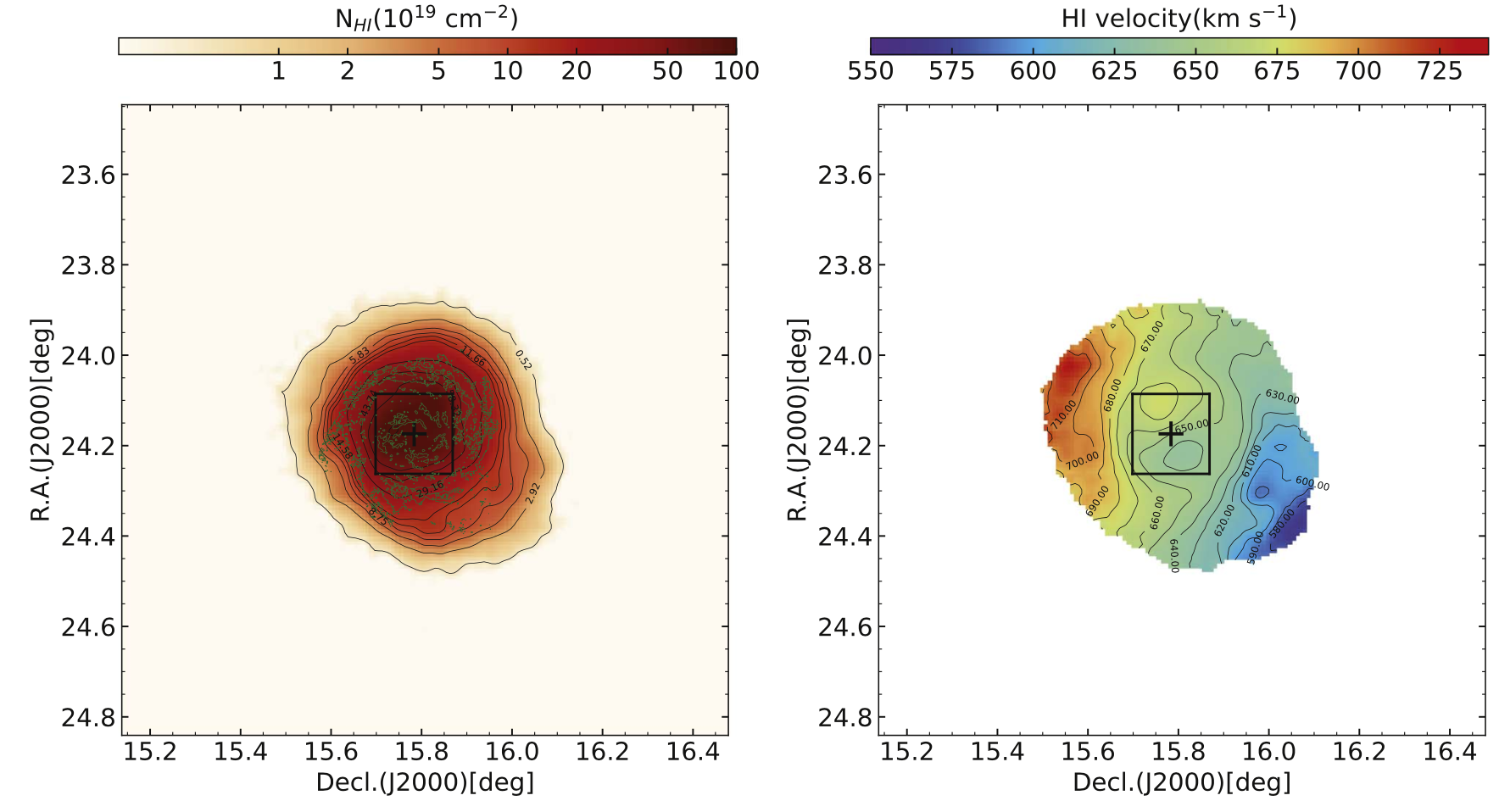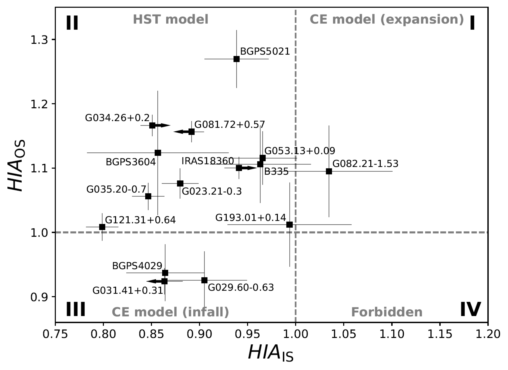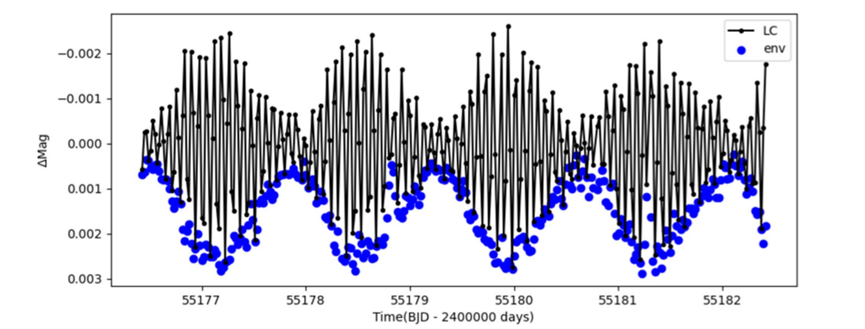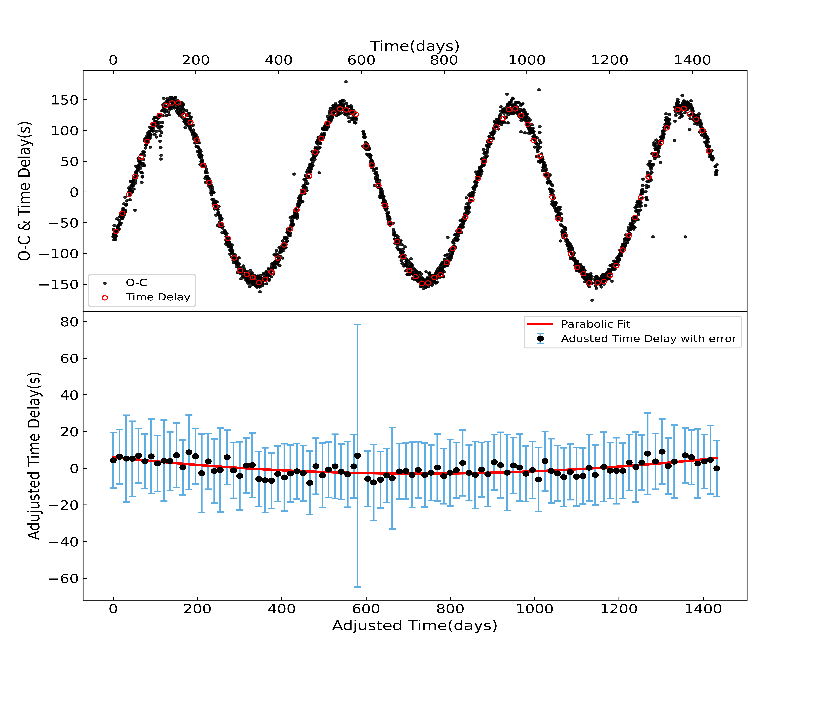Jan 14, 2025
A New Probe for Tracing Infall Motion—NH3 (1,1) Hyperfine Intensity Anomalies
The researchers revealed the potential value of NH3 (1,1) hyperfine intensity anomalies (HIA) as a tracer for infall motion in star-forming regions, based on deep observations and analyses.Prof. WU Gang from the Xinjiang Astronomical Observatory of the Chinese Academy of Sciences, along with researchers from the Max Planck Institute for Radio Astronomy in Germany, revealed the potential value of NH3 (1,1) hyperfine intensi...





